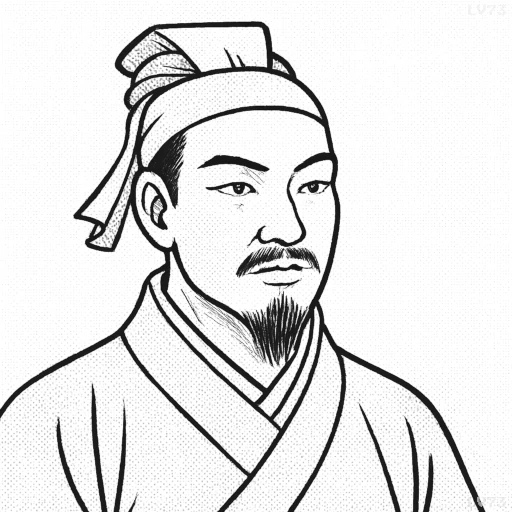“There is no instance of a nation benefitting from prolonged warfare.”

- 544 BC-496 BC
- Born in China
- Military strategist, military strategist
table of contents
Quote
“There is no instance of a nation benefitting from prolonged warfare.”
Explanation
In this quote, Sun Tzu warns against the dangers of prolonged conflict, emphasizing that extended wars are ultimately detrimental to the wellbeing and stability of a nation. The longer a war lasts, the more it drains a nation’s resources, disrupts its economy, and damages its infrastructure. Even victorious nations often suffer irreparable harm in the form of loss of life, economic decline, and societal destabilization. Sun Tzu suggests that swift, decisive victories are preferable, as they minimize these costs and allow a nation to maintain its strength and security. Prolonged warfare, on the other hand, exhausts both the physical and moral resources of a state, leading to a gradual erosion of its power.
In modern contexts, this principle applies to military conflicts, economic policies, and business strategies. The Vietnam War and the Afghanistan conflict are prime examples of prolonged military engagements that left the United States and its allies with significant long-term costs, both in terms of human life and economic resources. Even if these wars were not decisively lost, the ongoing commitment of troops and resources over extended periods created widespread exhaustion and division. In business, companies can face similar issues with prolonged competition or conflict, where focusing too heavily on one market or one competitor can drain resources, leaving less for innovation or strategic growth. For instance, companies involved in long-term price wars or litigation battles often find themselves weakened, with profits dwindling and brand reputation damaged, even if they technically “win” the conflict.
Historically, Napoleon Bonaparte’s downfall can be linked to his prolonged campaigns, particularly the Russian invasion of 1812, where his army was decimated by the harsh winter and constant resistance. Similarly, the Thirty Years’ War (1618-1648) in Europe resulted in devastating losses for all involved nations, despite no clear or lasting benefit. Even in cases where the war ends in victory, as in the case of World War I, the costs of prolonged warfare—in terms of human casualties, economic disruption, and social upheaval—can outweigh any benefits gained from victory. In both historical and modern contexts, Sun Tzu’s insight remains vital: the longer the conflict, the greater the cumulative toll on a nation’s resources, stability, and future prospects. The ability to conclude wars swiftly with minimal expenditure of resources is a hallmark of strategic excellence.
Would you like to share your impressions or related stories about this quote in the comments section?


